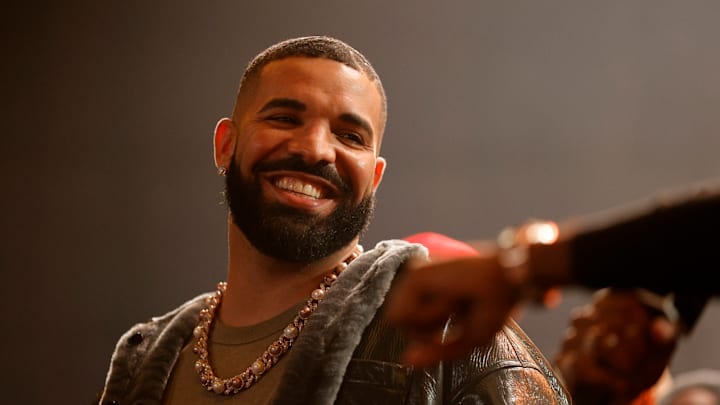In a recent Instagram post, Drake stirred the hip-hop pot by strategically concealing Metro Boomin's name with emojis while applauding 21 Savage's new album.
Drake took to his Instagram Story on Friday (Jan. 12), to celebrate 21 Savage's third album, "American Dream." While expressing his admiration for the track "Just Like Me" featuring Burna Boy, Drake seemingly threw shade at the song's producer, Metro Boomin. In the posted image, Drake covered Metro Boomin's name in the production credits with six speaking head emojis.
This move appears to be a response to Metro Boomin's recent disappointment regarding the acclaim of his album, "Heroes & Villains," in comparison to Drake and 21 Savage's "Her Loss." Both albums are now nominated for Best Rap Album at the 2024 Grammy Awards.
The feud escalated when Metro Boomin expressed his frustration on social media, calling out awards shows as mere politics. Drake responded during a livestream, targeting "tweet-and-delete" behavior, a remark seemingly aimed at Metro.
Related News: Metro Boomin and Drake Exchange Online Jabs Amid Alleged Beef
Despite the tensions, Metro Boomin clarified during a Q&A session that he doesn't have an issue with Drake. The unfolding drama raises questions about hip-hop politics and the true value artists find in their work beyond awards recognition.
As the industry dissects this feud, it brings to the forefront discussions on the intricacies of hip-hop politics, where artists navigate a landscape of recognition, competition, and personal expression. Drake's strategic use of emojis not only adds a layer of mystery but sparks a dialogue about how public image and social media interactions shape perceptions within the hip-hop community.
The Grammy nominations further complicate the narrative, showcasing the dynamic nature of the music industry. Metro Boomin's candid remarks about awards shed light on the complexities artists face, juggling artistic integrity with the desire for acknowledgment.
In the grand scheme of hip-hop culture, where authenticity and genuine connections are highly valued, this feud serves as a reflection of the nuanced relationships within the industry. As the drama unfolds, it prompts fans and industry insiders alike to ponder the broader implications of awards, recognition, and the true essence of artistic success in the ever-evolving world of hip-hop.
